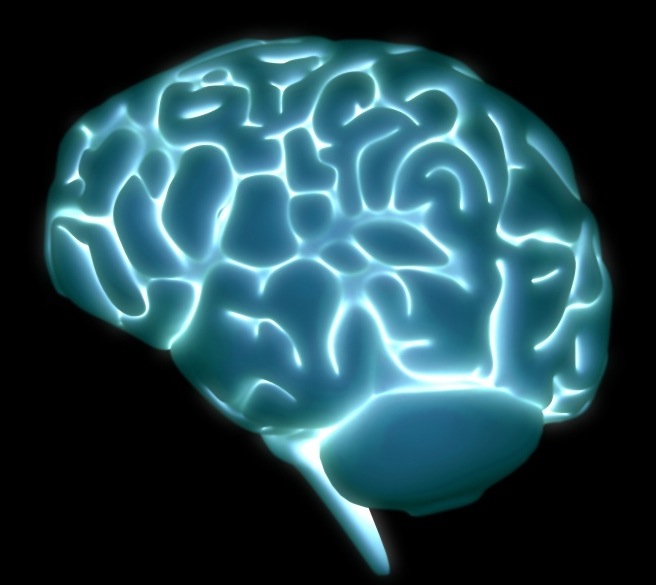
The light-dark cycle synchronizes numerous biochemical and cellular processes in the body. This cycle may also play an important role in embryonic brain development, which requires timely and coordinated neuron production, migration and differentiation.
Joshua Gamse, assistant professor of biological sciences and cell and developmental biology, and colleagues examined the effects of light and melatonin – a hormone secreted during the dark phase – on development of the habenular nuclei, brain regions involved in functions ranging from aversive learning to reproduction, in zebrafish embryos.
They report in the Oct. 1 issue of Developmental Biology that constant darkness delayed differentiation of these neurons, causing an accumulation of immature cells and a reduction in neuronal processes (axons and dendrites). Addition of melatonin to embryos kept in constant darkness reversed these effects, while blocking melatonin in embryos kept on a normal light-dark cycle mimicked the effects of constant darkness.
The results suggest that light and melatonin regulate these aspects of brain development, which may provide new insights into the genesis of disorders like autism, which has been associated with alterations in melatonin.
The research was supported by grants from the National Institute of Child Health and Human Development and the National Institute of General Medical Sciences.















